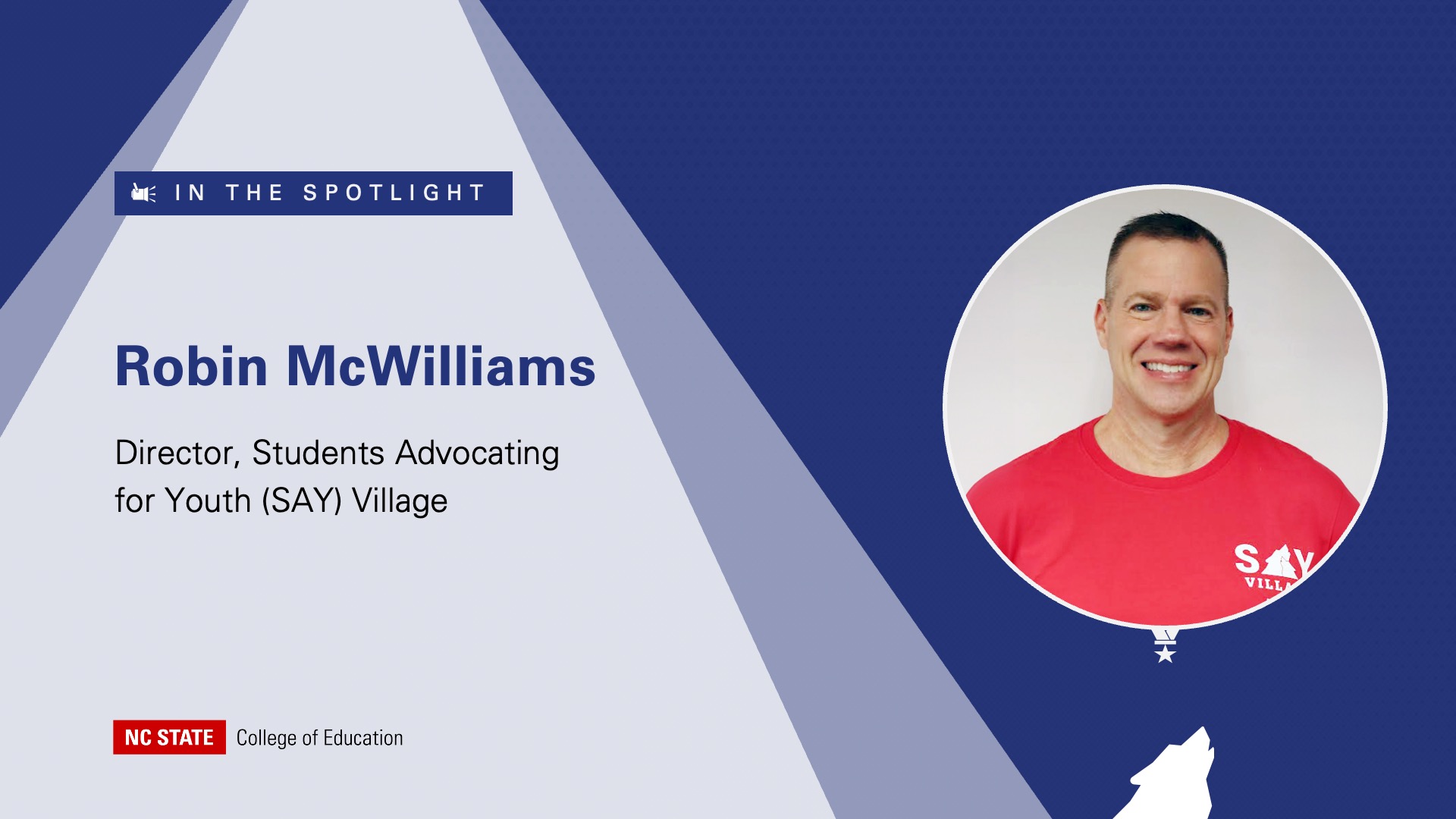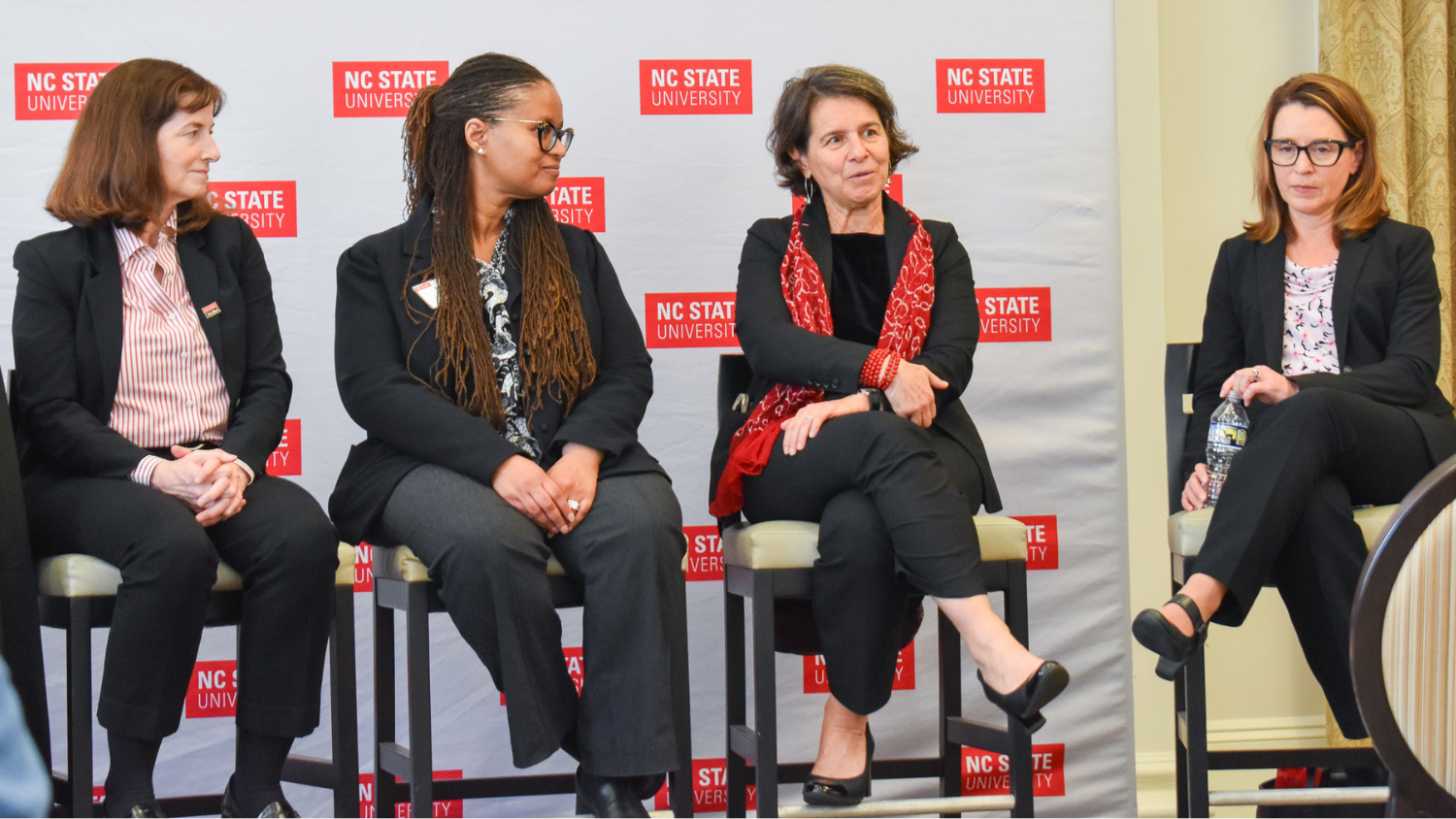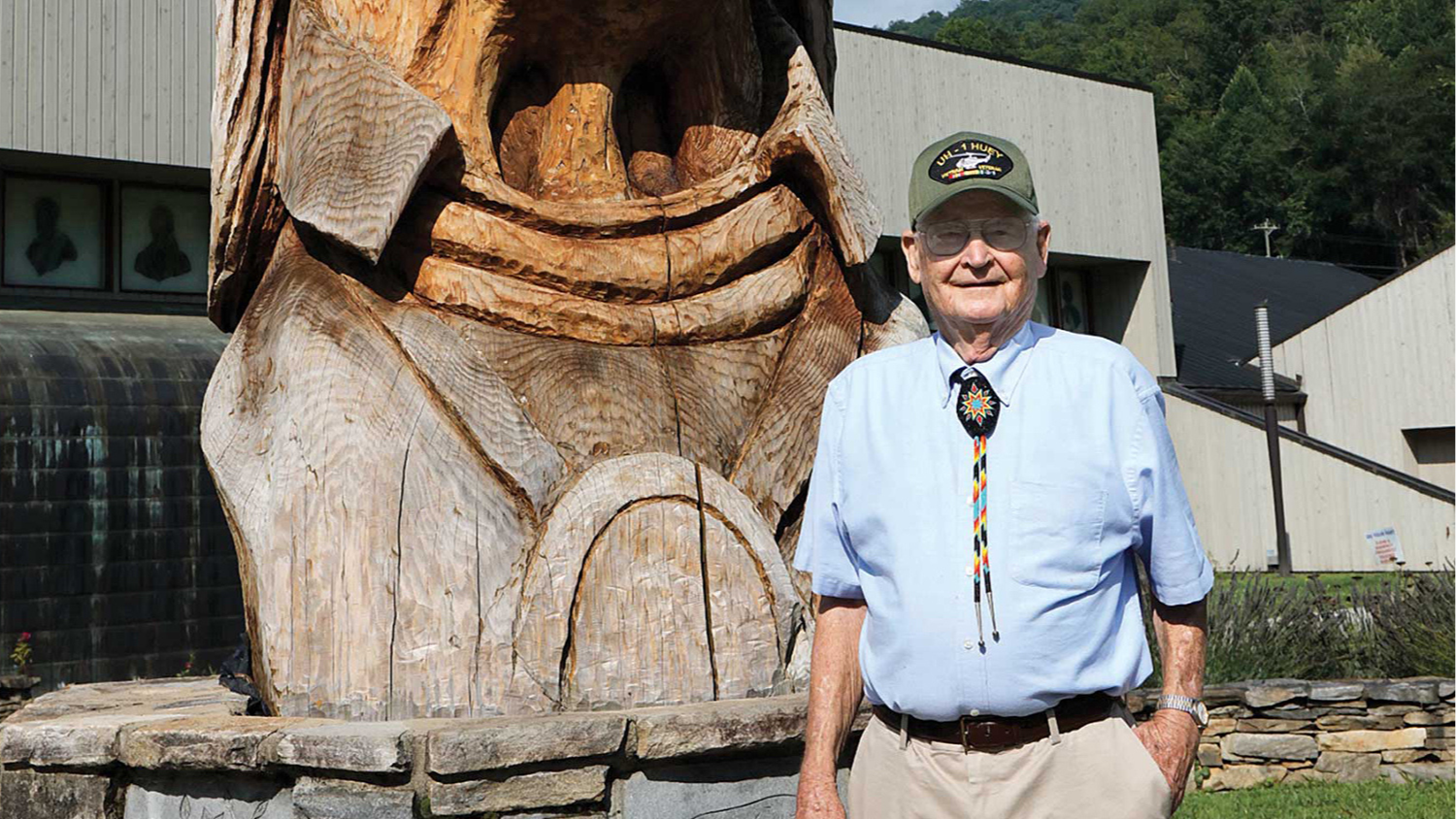Meet Ginger Burks Draughon ‘20PHD: ‘I Truly Learned a Great Deal and I Value the Investment that NC State and the College of Education Have Made in Me’
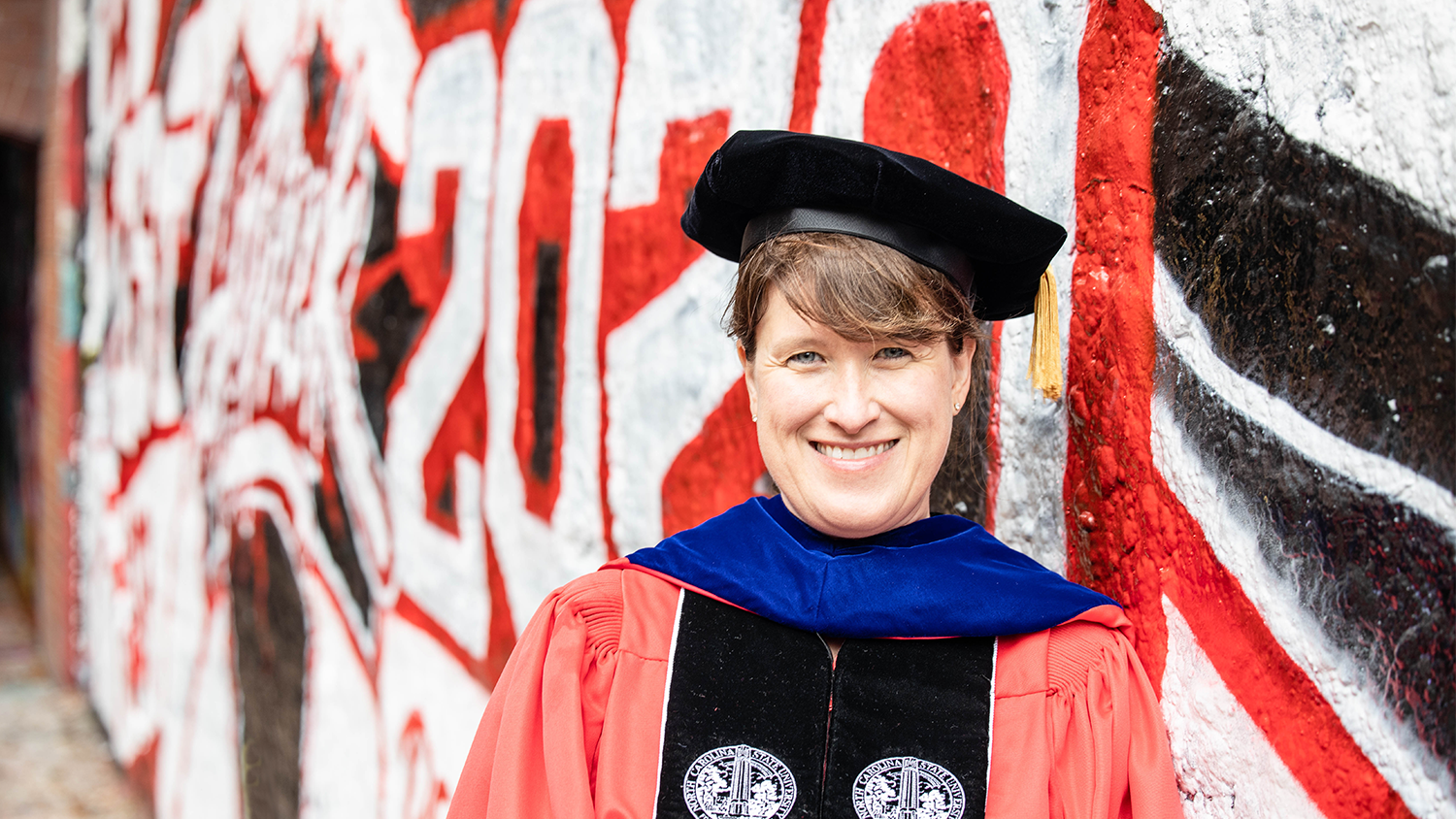
This is part of a series of profiles on students who are graduating in December 2020.
When Ginger Burks Draughon ‘20PHD enrolled in the NC State College of Education to earn a Ph.D. in higher education, she was a single, working professional. During her eight-year journey to earn her degree as a part-time student, she has since gotten married and had two children as she balanced family, full-time work and her education.
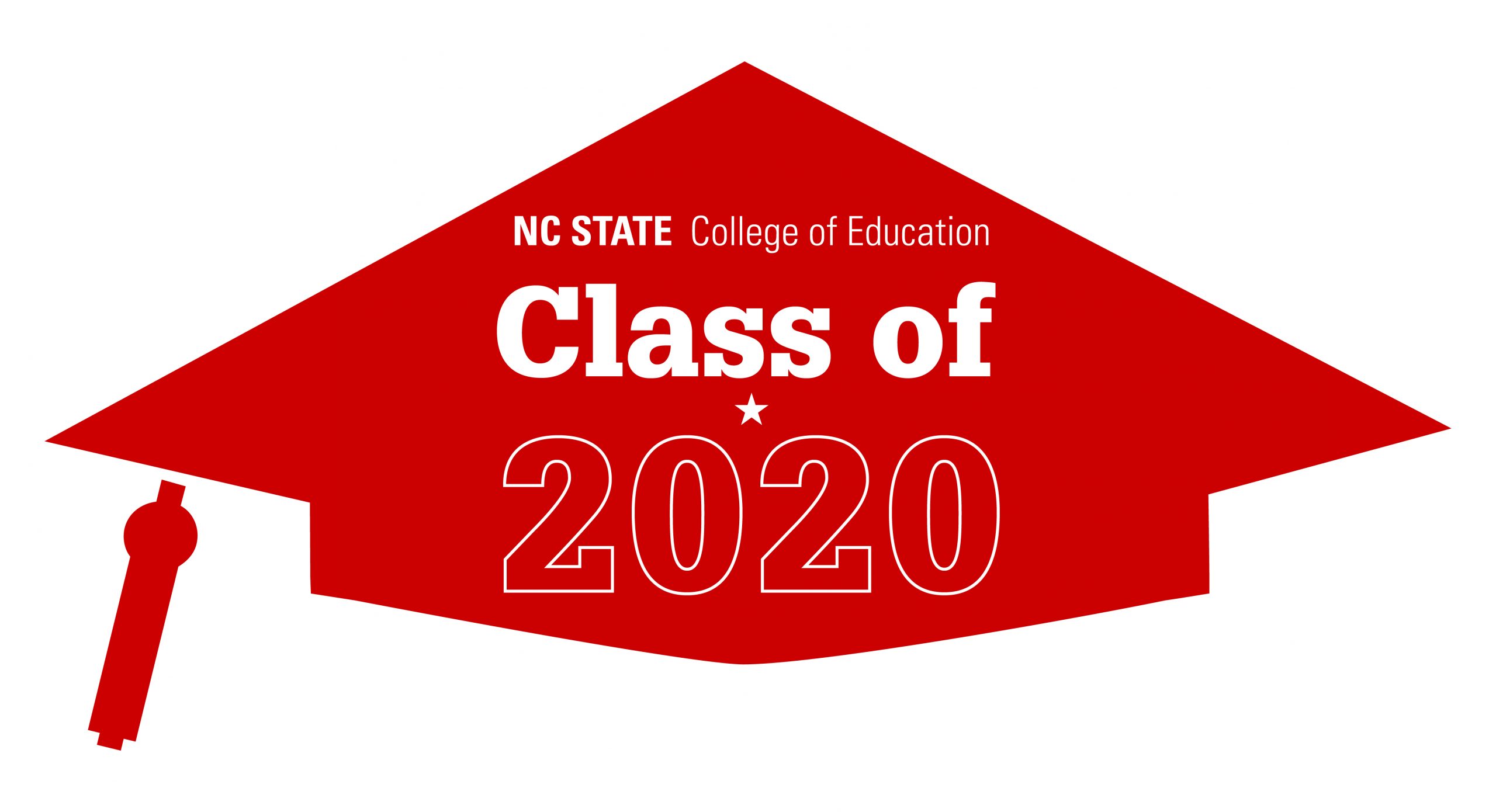
Her own experiences as a part-time student and director of cost analysis at NC State inspired her dissertation research and she hopes to use what she has learned to influence educational policy surrounding part-time students following graduation on Dec. 4, 2020.
Learn more about Ginger Burks Draughon.
Hometown: I grew up in Shelby, North Carolina, and I now live in Garner, North Carolina, with my husband and children. In between, I have lived in Chapel Hill, North Carolina, in a couple of towns around Atlanta, Georgia, and in Durham, North Carolina.
Area of Study: I was a student in the Educational Research and Policy Analysis program with a focus in higher education.
Activities (Research or Extracurricular): I have to say that outside of my coursework, I have mostly been focused on my full-time job as director of cost analysis at NC State and on my family, which has grown while I have been enrolled in the program. A cohort-mate and I did have a publication together, a literature review about Part-time Students and State Performance-Based Funding Policies.
Why did you choose the NC State College of Education?
The NC State College of Education offered a great opportunity to pursue my Ph.D. with fantastic faculty but also stay in my full-time job and career path. The fact that the program allowed for me to “keep my day job” was crucial to my choice of NC State. As a former staffer at the UNC System Office and as a current NC State employee, I was also very aware of the wonderful teaching, research and public service that takes place on our campus. It was exciting to become a part of that as a Ph.D. student. The faculty in the program are truly amazing. I valued being a part of a program that was well-rounded with its focus on research but also on the practical implications of the research.
Why did you choose your area of study?
In my career, I have worked in higher education budgeting and other related financial areas. Within that higher education finance work, there are a number of related policy issues. Our university budget and its finances all happen within the context of state statutes, university policies and campus rules and regulations. When I began my master’s degree in public administration, I did not realize how much I would enjoy my finance courses, but I found my niche area of interest there. I applied that degree for many years in public higher education financial roles, then I chose to pursue the Ph.D. in Educational Research and Policy Analysis at NC State. This helped me to broaden my understanding of higher education, further explore some of my interests in policy and learn how to conduct research in my field.
What did your dissertation focus on and why did you choose that topic?
My dissertation focused on part-time undergraduate students in a public university and the policies and practices that can support them in their degree pursuits or create barriers to their success. To be honest, it took me a while to choose my dissertation topic. I considered several options that were more connected to public higher education finance, but I ended up feeling more passionate about the topic of part-time students. After studying the literature about “nontraditional” undergraduates, I became even more intrigued about part-time students in particular.
From a personal standpoint, I have been educated in three doctoral-level public universities in two different public university systems. I have been both a full-time student (undergraduate and master’s degree programs) and a part-time student (doctoral program). So, my own experiences helped me to contextualize my research interest. Through a review of relevant literature, I also found that demographic shifts and our goals to have more individuals with postsecondary degrees might cause us to more carefully consider part-time students.
Since my work has been in higher education finance and policy areas, I began to reflect on many hours and days that I have spent as an observer or participant in state budget meetings, system level board meetings and campus enrollment or policy discussions. I realized that a student like myself – older, returning and part-time – was not the “typical” student that policymakers were considering in their deliberations. When thinking of this along with a consideration of the demographic trends and goals to have more people complete postsecondary degrees, I settled on the topic of part-time undergraduate students. I was very interested in their experiences with policies and practices in a public university. What I found in my study was that there were a lot of older students who enrolled part-time, but there were also some “traditional aged” undergraduates who chose to enroll part-time. I also found that there are a lot of policies external to the university that influence their success but many policies and practices within the campus that can help them graduate or impede their likelihood of success.
What was your experience like as a part-time student who was balancing work along with family and your education?
There have been many times that I have stated that I like a challenge. I have certainly been challenged trying to balance work, my doctoral education and a family. In fact, I would say there is probably no such thing as balance with all of those, it is more of a juggling act. I began my studies as a single, working professional. During the time of my coursework, my husband Kelvin and I got married and we were blessed to have our oldest child, Dorsey. During my dissertation process our daughter, Margaret, was born.
I can honestly say that my experience has been both very good and very difficult. I am sure that it has been quite different than the experience of full-time students who were not trying to balance work and family while in the program. There were certainly times that I felt the competing pressures and my goal had to be just doing the best that I could do. There were also times that I wished that I had more opportunity to conduct research or teach with our faculty, as those experiences would have been fantastic. I spent countless late nights and weekends on coursework over the last eight years. I truly learned a great deal and I value the investment that NC State and the College of Education have made in me. I do hope that I contributed a perspective that was helpful to my classmates and I can definitively say that my education has broadened my perspective on my work at the university.
What do you hope to accomplish in your field after graduation?
In my field, I hope that I can contribute to an understanding of students who are not enrolled full-time. During my research, I met so many students who were smart, tenacious, hardworking and truly amazing. I hope that in some small way I can share their stories and help decisionmakers consider the ways that policies and practices can help these students attain their degrees or create barriers to their success.
What’s your next step? What do you have planned after graduation?
I am not sure what my next step will be. I do plan to get some rest and spend some time with my family. I do not have a specific next career step in mind. My goal has always been to continue to learn, to be challenged and to grow professionally. That is something that I have continually strived for in my career. In addition, I hope to positively contribute to the goals of NC State as a great public university.
How has the College of Education prepared you for that next step?
The College has been a supportive place to learn and engage further in my field. It has helped me consider various perspectives and think about issues more deeply. I value all that I have learned in the College of Education, but even more than that the wonderful faculty, the staff and students that I have been lucky to meet, be supported by and learn with have prepared me, whatever the next step might be.
Do you have a favorite memory from your time in the College of Education?
There is not one specific memory that stands out but overall, I will have fond memories of the opportunities I had to learn from our wonderful faculty. I learned so much from them both through coursework and other avenues, and they truly invest a lot in the students in the program. I both learned a great deal and truly enjoyed my time in the program.
Why did you choose education?
In some ways I think that education chose me. I have so many family and friends, most prominently my mother who was a teacher for 38 years, who have influenced my life. I truly believe that education has the power to positively influence lives and help us solve societal problems. Within higher education, I hope that I can play a small role in giving back to a state and university system that have invested in me and my education. Being a native North Carolinian and having two of my three degrees from public universities in North Carolina, I appreciate all that we have here in our great public universities.
What message would you like to share with your fellow graduates?
I know that we are all disappointed that we are not able to celebrate our graduation in person. I genuinely hope that each of you can find a special way to celebrate, now or in the future, with your faculty, family, friends, friends who are family and all those who have supported you in your endeavor. I personally think that a “pandemic parade” down Hillsborough Street might be in order, but barring that, I do hope that you each find a time for meaningful celebration of all you have accomplished.
For those who have also been working in education while you pursued your degrees and during a pandemic, you are truly amazing. If you were juggling work, a family life and your coursework, let’s give a shout out to our support teams too. You now have an experience that is unparalleled. No one has had the experiences that we have had. Take some time to reflect on those experiences and harness the persistence and tenacity that got you to this point. What we have learned during this time can certainly help us to contribute positively to the field of education for those who will come next on these journeys. Let us reach out and help those who come next — a colleague, a friend, the children in your classrooms or the children in your own homes – to pursue their educational dreams. Let us value both the similarities and the differences, individually and collectively, and all of the journeys and pathways taken.
- Categories:
